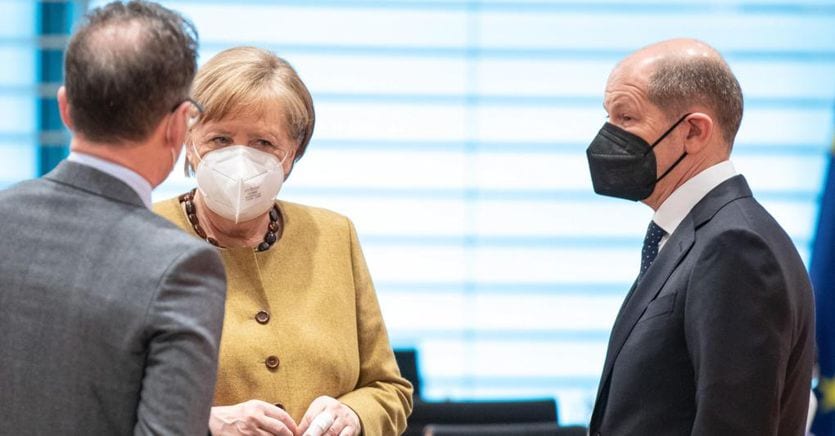Less federalism for a more centralized, faster and more transparent management of the pandemic. In a historic decision, forcefully promoted by Chancellor Angela Merkel, the federal cabinet meeting in Berlin approved an amendment to the health protection law to reduce the freedom of action of the 16 Länder and to impose coronavirus containment measures nationwide and equal rules for all to reduce infections and tame the third wave.
In a press conference, Chancellor Angela Merkel defended this “emergency brake” Federal emergency brake and the introduction of uniform containment measures for all of Germany, arguing that only in this way can the third wave of the coronavirus be stopped. “The situation is serious and must be handled seriously,” said the chancellor, stating that this type of political intervention has been urged by the health sector.
Loading…
Merkel also recalled that since the beginning of the pandemic one of her main objectives has been to protect the health system: the recent increase in Covid ICU admissions has reached worrying levels and this is one of the main reasons for the change to the law. on health, which aims to limit interventions at the regional level and to impose uniform and automatic restrictions based on weekly incidence.
New restrictions in effect
The main restrictions, which come into force when the incidence exceeds 100 new cases per 100,000 inhabitants for three consecutive days (the weekly incidence ceiling), foresee – according to the main German press organs – a curfew from 21:00 to 5:00 : 00, the limit of one guest for indoor family gatherings (excluding family members under 14) and with a maximum of five people, the closure of shops that do not sell basic necessities.
As for schools, attendance in the classroom will not be allowed where the incidence will rise above 200 cases per 100,000 inhabitants for three consecutive days. Rapid swabs up to two tests per week are also provided. Parents’ paid days for illness of their children have been extended from 20 to 30.
